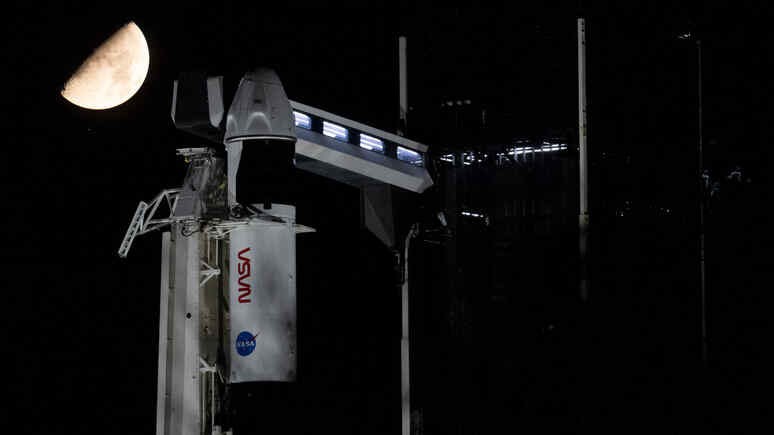The European Space Agency is planning to build its own cargo spacecraft, which could later become a manned spacecraft, The Guardian reports. Such a move would allow Europe to compete with other countries to explore the moon, which would affect all areas of life in the future.

In November, at a summit of the European Space Agency (ESA), the 22 sponsoring countries (including the UK) unanimously decided to build a cargo spacecraft to fly to the ISS by 2028, The Guardian writes. At a press conference, ESA Director General Josef Aschbacher emphasised that these developments could be used to build a manned spacecraft in the future. Thus, Europe has made a big step towards the possible landing of its own astronauts on the surface of the Moon and competing with the lunar programmes of rival countries.
At the same time, Frank De Winne, head of the European Astronaut Centre in Cologne, sees in such a development opportunities to strengthen cooperation with the US and other nations. He recalled that after the Space Shuttle programme was phased out, Russian Soyuz spacecraft delivered international crews to and from the ISS, which allowed work on the station to continue. The Ukrainian conflict, however, cut ties between Russia and Western partners, putting an end to future projects. Europe was given a chance to fill the void.
In February, ESA published a report justifying the urgent need for its own manned spacecraft. Independent experts pointed out that the space sector is now undergoing a revolution comparable to the rise of the internet 20 years ago. Like the internet, such changes will affect all areas of life – in many ways they already do. Thus, the modern world is completely dependent on orbiting satellites. The report concludes by saying that the ability to send cargo and people into orbit independently is vital to Europe’s future prosperity. Without it, the EU is destined to be a client of other space powers, just as the world now relies heavily on Silicon Valley for computers.
So far, only three countries in the world can send their own manned rockets into space: the US, Russia and China. India has made no secret of the fact that it wants to become the fourth: it has planned to test an unmanned capsule next year. At the same time, only it managed to land a spacecraft on the moon this year, while Russia’s attempt failed and Japan’s module is still orbiting the moon.
Professor Ian Crawford of the University of London fears that such competition could lead to a new space race and a takeover of lunar territories if coordination and leadership are not agreed. So far, however, there are very few legally enforceable agreements and organisations to control lunar exploration. In the end, whoever gets there first will get the most weight in space discussions. Thus, not only the Moon is at stake: many see it as a testing ground for the ultimate prize – Mars, The Guardian notes.
